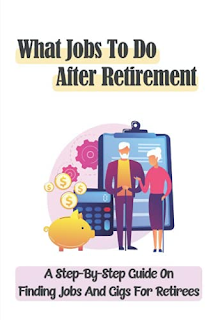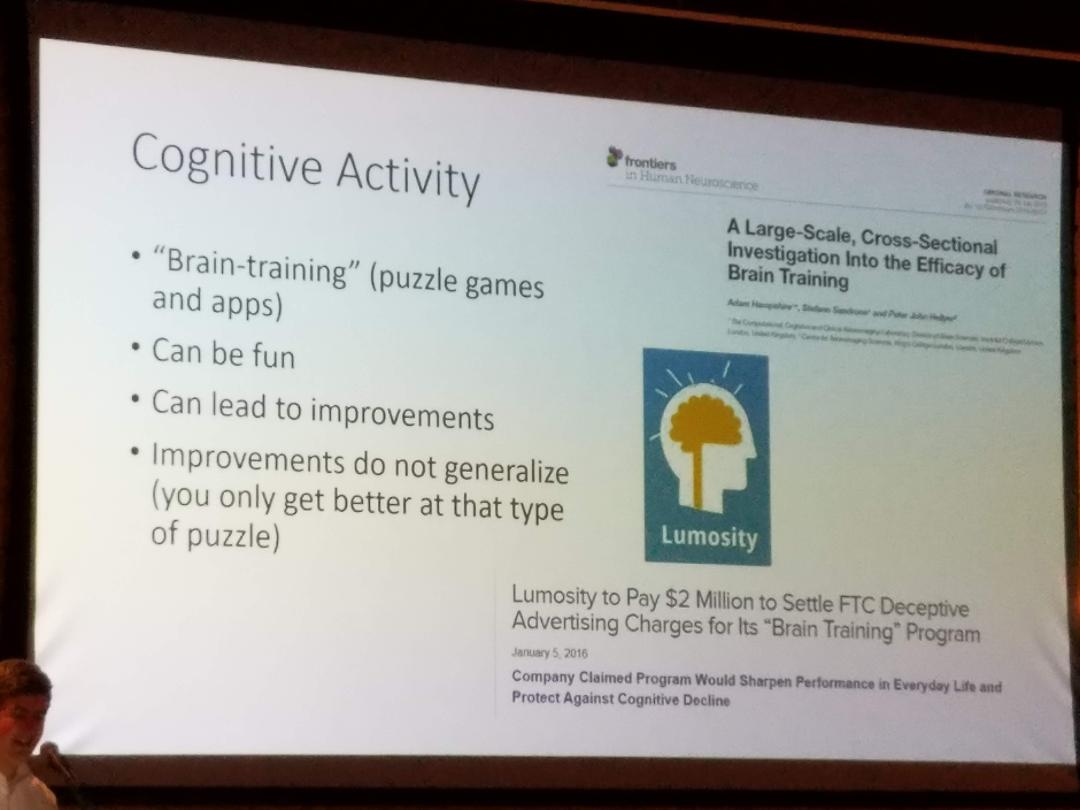Millions of retirees have decided to return to work within just a few years after retiring. There are many reasons for this, including the high cost of living, inflation, and sometimes simple boredom. They may return to the job they did before, or try something new. They may go to work for someone else, or try their hand at self-employment. Whatever they decide to do, there are some important financial considerations you need to think about anytime you increase your income during retirement.
According to a 2022 report from the Bureau of Labor Statistics, roughly 500,000 people over the age of 55 have re-entered the workforce in the previous six months. This represents a significant increase over similar periods of time in the past. A 2018 survey by the Rand Corporation revealed that about 40 percent of American workers over the age of 65, who were still employed, had previously retired at least once in the past! Returning to work after retirement is a trend which has been increasing for some time.
The decision to return to work late in life can have an impact on your Social Security benefits, pension and tax-deferred retirement accounts and, possibly, your Medicare coverage. What do you need to consider?
Benefits of Returning to Work after Retirement
There are, of course, a number of benefits to returning to work in your 60s and 70s. The most obvious one is the increase in income, which can also help you stretch your retirement savings and make them last years longer. In acknowledgement of this benefit, Congress passed the SECURE Act in 2019 which allowed seniors to push back the age when they must begin taking mandatory withdrawals from their tax deferred 401(k) and IRA plans. Prior to the SECURE Act, retirees had to begin the required withdrawals at age 70 1/2. Now they do not have to make the withdrawals until age 72. This allows their savings to grow a little longer.Working after retirement also has mental and emotional benefits. Seniors who work later in life report that they feel a sense of purpose and are more socially connected. There is also some evidence that working may also help improve their cognitive health.
If you are wondering what types of jobs work best for retirement, you may want to read "What Jobs To Do After Retirement." (Ad) It is full of great suggestions to help you find the best retirement job for you.
Cost of Starting Your Own Business
As I discuss later in this post, you may also want to start your own business. Depending on your background, you might do some tutoring, become a bookkeeper for a local business, write a book, or get paid to coach a local children's soccer team.If you want to see an example of an Etsy store and get more ideas of what you could sell, check out my Etsy store at:
A Retirement Job Can Affect your Social Security Benefits
Depending on the age when you return to work, and the amount you earn, your post-retirement job could either increase or decrease the amount you receive in Social Security benefits.
If your job enables you to postpone collecting your Social Security benefits for a few years, your benefits will be higher when you do begin to collect them.
On the other hand, if you are already receiving benefits when you go back to work and you are younger than your full retirement age of about 67, your benefits will be reduced by $1 for every $2 you earn over 18,960. The year you reach your full retirement age, the government will deduct $1 in benefits for every $3 you earn over $50,520. These limits are increased regularly, so the actual limit you have could be a little higher.
Fortunately, once you reach your full retirement age, your earnings will not reduce your benefits, and you can earn as much as you want. This issue only affects people who begin to collect Social Security in the years before they are eligible for full Social Security. If you plan to keep working after retirement, this is a good reason NOT to collect your Social Security too soon.
Working Can Affect your Medicare Benefits
If your new job provides health coverage which is approved as your primary healthcare coverage, you can drop your Medicare plan and re-enroll at a future date without a penalty. However, if you drop your Medicare plan and do not have acceptable employer coverage, you will have a financial penalty when you re-enroll in Medicare, and that penalty will last the rest of your life. Make sure your new company plan is approved as an alternative to Medicare. Talk to the HR office at your firm, or discuss your situation with a Medicare broker.
In addition, if you drop your current Medigap supplemental insurance plan and later develop a preexisting condition, you may find it difficult to find an affordable Medigap plan later in life. As a result, some people keep their Medicare plan, even when they are covered under an employer plan. As I mentioned, it is advisable to speak with a licensed Medicare broker before you make any changes, so you protect yourself now and in the future.
A Retirement Job Can Affect your Pensions and 401(k) Plans
If you are collecting a pension from a former employer and go to work for a different employer, you can usually continue to collect your pension. However, if you receive a pension from a former employer and go back to work for the same employer, there could be some restrictions on working and receiving a pension at the same time. You could have a waiting period, or might only be allowed to return to your former job part-time, if you want to continue to collect a pension while working. The employer may also suspend your pension temporarily while you work for them. You need to check these concerns out before making a decision to return to your old job.
Despite these issues, the benefit of returning to work with a former employer is that you may be able to continue to add more contributions to your IRA or 401(k) plan, which will eventually increase what you receive in payments when you finally stop working for good.Ultimately, the decision to return to work is up to you. There are definite benefits to working later in life, both mentally and socially, although you do have to be careful to avoid the pitfalls. Discuss them with your financial advisors and make sure you take all the necessary precautions before making a final decision about returning to work.
You may also want to get some ideas from the book "Working After Retirement: 69 Post-retirement Jobs That Can Change Your Life." (Ad) You may discover some jobs you never even considered before, which could enable you to improve your retirement both financially and socially.
Examples of Ways to Start Your Own Business
As many of you know, if you follow this Baby-Boomer-Retirement, I have written this blog as a "side-gig" since before I retired nine years ago, and I continue to earn a small income from the advertisements you see here.
However, I have also added a newer business which nearly anyone could do to enhance their income. I have started an Etsy store, called DeborahDianGifts, with products I personally design, but have professionally manufactured and drop shipped to people who make a purchase.
If you like to make or design things, whether it is jewelry or wooden cutting boards, you could also list you own creations for sale on Etsy.
If making or designing products is not for you, some people prefer to resell items from their homes or local thrift stores on Ebay or Shopify. Others provide various services on Fiver, by offering to do things like create a webpage or design logos for you. Having your own business comes with some responsibilities, but it also has the advantage of allowing you to work your own hours, while still supplementing your retirement income.
 |
| Details on this lovely Dolphin Tote Bag |
This is an example of just one of well over 100 items I sell on my Etsy store. It is a tote bag I designed using an underwater photo of a mother dolphin with her baby. There are many ways that people are earning money online but, as mentioned above, you have to run it like a business and keep track of your expenses and tax deductions.
You may discover that opening your own little shop is something you can do, too. Whatever you decide to do, I wish you luck in finding a retirement job or starting your own business. Just make sure you check out the financial impact as you embark on this new adventure.
You can find more examples of tote bags, t-shirts, jewelry, framed photos, coffee mugs, gifts for retirees, LGBTQ clothing, and other products on my Etsy Store, DeborahDianGifts.
Check it out at:
http://www.etsy.com/shop/DeborahDianGifts
Enjoyed this post? Never miss out on future posts by following us. You will receive a weekly email with the most current post.
If you are interested in learning more about saving money, financial planning, Social Security, Medicare, where to retire, common medical issues as you age, travel and more, use the tabs or pull down menu at the top of the page to find links to hundreds of additional helpful articles.
Disclosure: This blog may contain affiliate links. If you decide to make a purchase from an Amazon ad, I'll make a small commission at no extra cost to you.
You are reading from the blog: http://www.baby-boomer-retirement.com
Photo credits: Pixabay and Amazon book covers and DeborahDianGifts on Etsy









